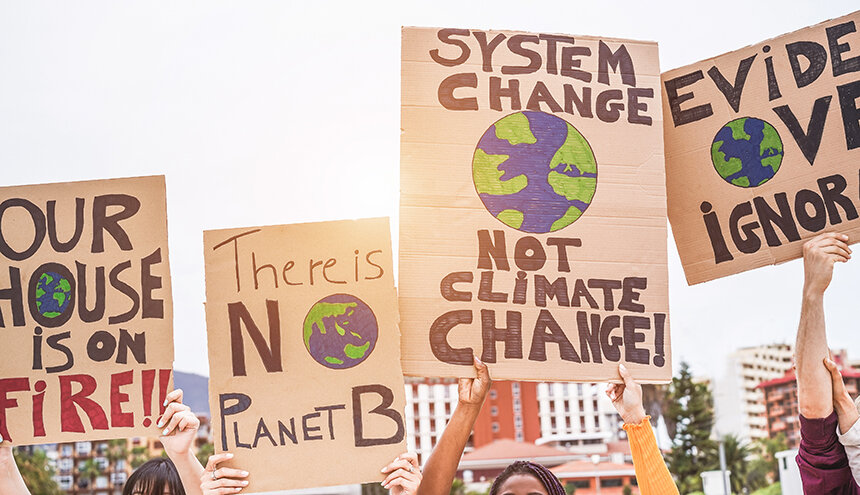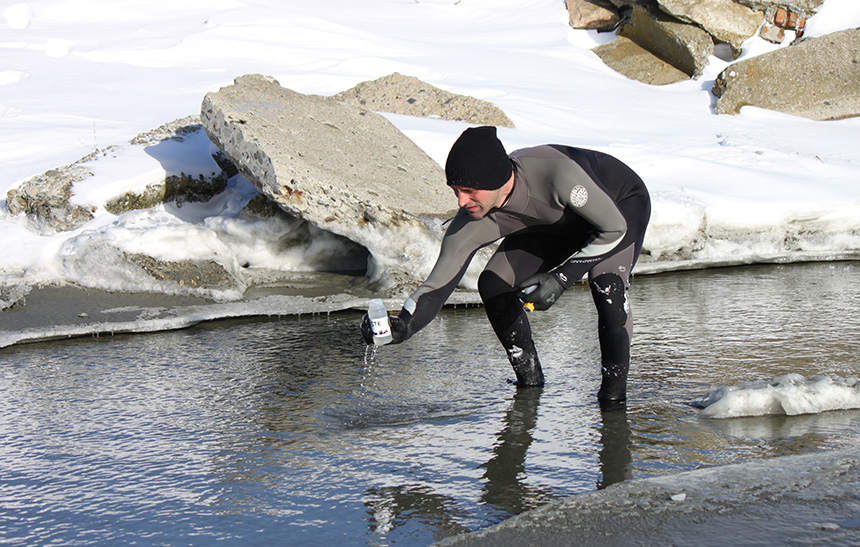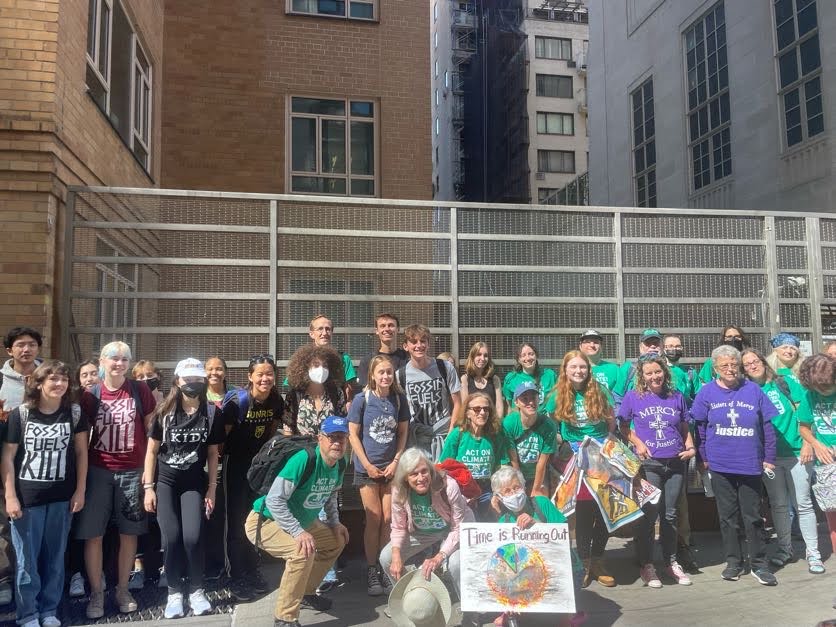Actions of R.I.’s Quiet Climate Activist Speak Loudly
Sister Mary Pendergast reflects on decades of activism
December 23, 2019
When people picture a climate activist, they likely now see Greta Thunberg, the young and passionate Swede with determination in her eyes.
Rhode Island, though, is home to its own determined activist — a woman who has been fighting for environmental and social justice since the 1980s. You have probably seen Sister Mary Pendergast at rallies, lectures, protests, and demonstrations held across the state.
In January 2016, a group of protesters gathered to plant tulips at the site of the proposed Burrillville fossil-fuel power plant. Among them was 73-year-old Pendergast of the Sisters of Mercy. She would be arrested at the scene.
Nearly three years later, Pendergast looks back on that arrest and laughs at the reaction from the Chicago-based developer of the since-failed power plant.
“In their online news report, at the time that we got arrested, they said ‘a nun forsake her vows to Jesus,’ and I thought it was laughable, but I also couldn’t believe it,” she said.
Laughable it was. As a sister of Mercy, Pendergast’s vows encompass five concerns: the earth, immigration, women, racism, and non-violence.
And for Pendergast, the earth has always held a special place in her life.
“I grew up in Newport, and beauty was just part of my everyday environment,” she said. “I took it for granted. I could walk to the beach, all the neighborhood’s kids in the Fifth Ward, we walked to the beach every day. So that kind of thing opens one’s mind and heart, it’s just expansive. And so nature, the natural world, I grew up in it. I never felt separate from it.”
She recalled seeing her father on the shore, watching a contemplative moment between man and nature unfold.
“My father was not a great religious man in any way, but on the beach he would say, ‘As far as the eye can see, there is water,’ and somehow I got that that was a contemplative moment for him. To just look at that water and go deeply into that experience.”
Pendergast joined the Sisters of Mercy in 1970, having attended middle school under the sisters’ tutelage and after being inspired by their activism and kindness.
“I liked what I saw in sisters, I loved that they loved us, and I was inspired by their relationships with one another, and their care for the work that they did,” she said. “In those day, they would not only teach us all day, they would also walk to the hospital and visit people, and some would go to the prisons. They did an awful lot.”
So has Pendergast in her nearly five decades as a nun.
She was part of a Christian Ashram from 1982-87, where she learned organic gardening and the art of living simply off the land. The experience reaffirmed her connection with nature, but it wasn’t until 2015 that she realized she would have to be a part of the fight to save it.
“I was able to make a pilgrimage to Canada, and chose to start in Jasper National Park as a grounding in beauty,” Pendergast said. “Then I went to the tar sands in Fort McMurray in Alberta.”
Pendergast was devastated by what she saw. The tar sands are east of Edmonton, encompassing an area the size of Florida.
“I did a flyover in a small plane over the tar sands and it was the most sickening feeling. I can’t even explain to you how awful it was,” she said. “It was at that moment during which I was one with the land that was being devastated, and decided something needed to be done.”
Since then, Pendergast has fought against the Burrillville power plant, cut credit cards outside of Chase Bank’s first Rhode Island branch, in Providence, and participated in climate protests in Washington, D.C.
And though she admitted it’s getting more difficult to attend meetings that run late into the night, she’s always ready for justice action and always up for educating people about the sanctity of a world we share with each other and many other living creatures.
“I think that we’ve been taught a bill of goods that is wrong, and the narrative is that we’re separate from God, separate from earth or the natural world, and that we’re separate from one another,” Pendergast said. “And that simply is not true. We’ve come out of earth, and everything in the natural world is our kin.”




God bless you Mary as you continue on with your "activist" model of living, caring and loving.